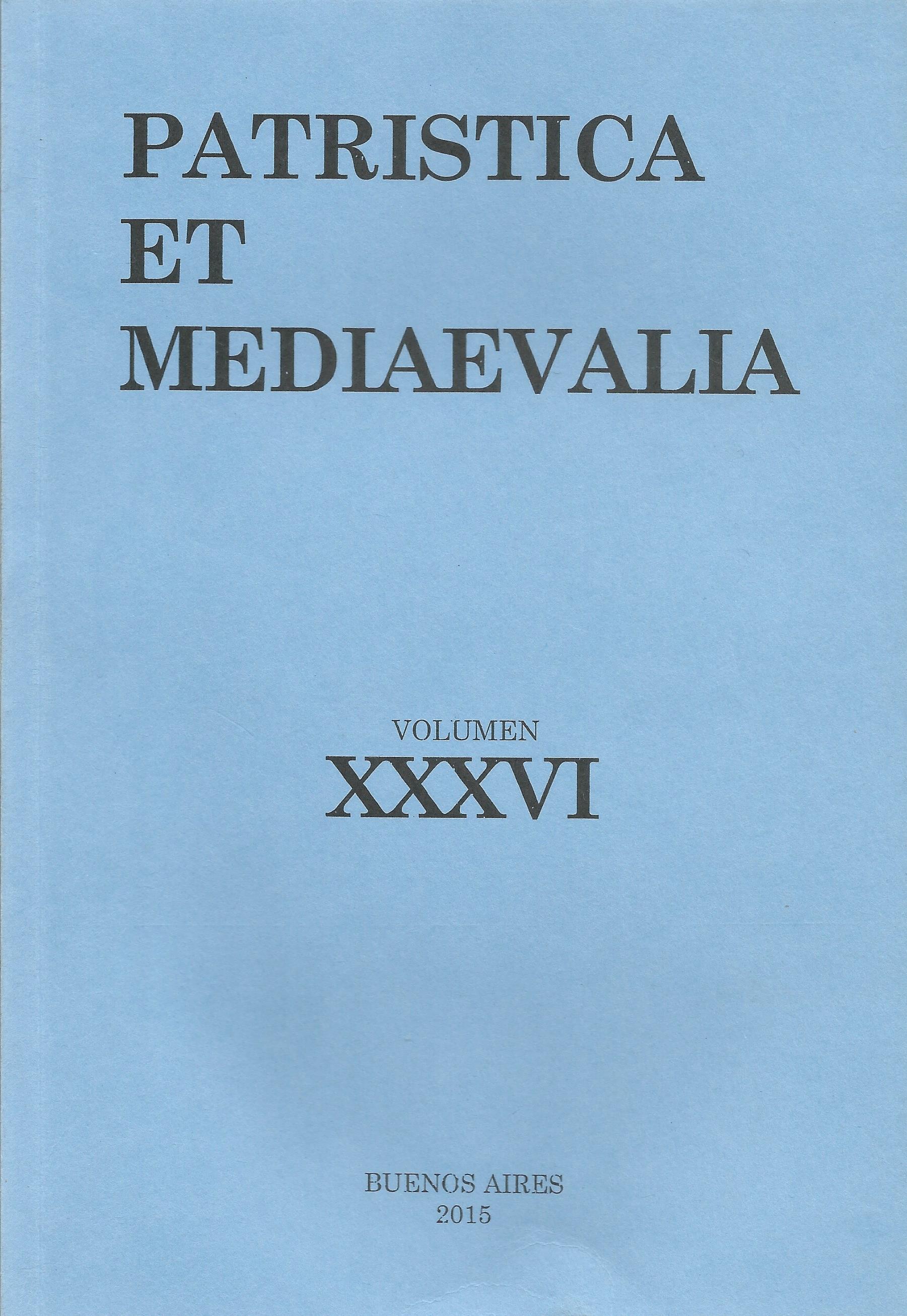From slave driver to abolitionist: Bartolomé de las Casas on African slavery
Abstract
The aim of this paper is to present Bartolomé de las Casas’ views on slavery throughout his life. If for more than thirty years Las Casas was in favour of the importation of slaves, this was due to his desire to prevent the unjust servitude imposed on the American Indians by the Spanish colonists in America, which is explained by his desire to make Spain's overseas colonies economically viable. However, at the end of his life Las Casas recognized his mistake and criticized all forms of slavery. This will involve studying his concept of freedom and its sources.Downloads
References
Batailllon, M. (1976). Estudios sobre Bartolomé de Las Casas. Barcelona: Península.
Bataillon, M. & Saint-Lu, A. (1976). El Padre Las Casas y la Defensa de los Indios. Barcelona: Península.
Brady, R. L. (1966). The Role of Las Casas in the Emergence of Negro Slavery in the New World. Revista de Historia de América, 61/62, 43-55.
Castañeda Salamanca, F. (2002). El Indio: Entre el Bárbaro y el Cristiano. Ensayos sobre la Conquista en Las Casas, Sepúlveda y Acosta. Bogotá: Alfa Omega/Ediciones UniAndres.
Clayton, L. A. (2009). Bartolomé de Las Casas and the African Trade. History Compass, 7(6), 1526-1541.
Clayton, L. A. (2011). Bartolomé de Las Casas and the Conquest of the Americas. New Yersey: Willey-Blackwell.
Hanke, L. (1994). All Mankind Is One: A Study of the Disputation Between Bartolome De Las Casas and Juan Gines De Sepulveda in 1550 on the Religious and Intellectual Capacity of the American Indians. Chicago: Northern Illinois University Press.
Pacheco, J. F. & Cardenas, F. (cords.) [1864], Colección de documentos inéditos relativos al descubrimiento, conquista y colonización de América y Oceanía sacados en su mayor parte del Real Archivo Indias. Madrid: Manuel B. Quiroz.
Pagden, A. (1999). The Fall of Natural Man. Cambridge: Cambridge University Press.
Rivera Pagán, L. (1992). Bartolomé de Las Casas y la esclavitud africana. In Meléndez, G. (ed). Sentido Histórico del V Centenario (1492-1992). Colección Histórica De la Iglesia y Teología. San José (Costa Rica): DEI, 63-83.
Saint-Lu, A. (1992). Bartolomé de Las Casas et la traite des nègres. Bulletin Hispanique, 94(1), 37-43.
Sanchez Godoy, R. A. (2009). Mercancía, gentes pacificas y plaga: Bartolome de Las Casas y las orígenes del pensamiento abolicionista en el Atlántico Ibérico. PhD Thesis. Pittsburg: Pittsburg University.
Tierney, B. (1998). The Idea of Natural Rights. Atlanta: Emoryy University Press.
Tuck, R. (1979). Natural Right Theories: Their Origin and Their Development. Cambridge: Cambridge University Press.
Zavala, S. (1947). La Filosofía Política en la Conquista de América. México: Fondo de Cultura Económica.
1. The authors who publish in this magazine accept the following conditions:
-
They retain the copyright and grant to the magazine the right of the first publication, with the work registered under the Attribution-ShareAlike 4.0 International License that allows third parties to use what is published as long as they mention the authorship of the work and the first publication in this magazine.
-
They can make other independent and additional contractual agreements for the non-exclusive distribution of the version of the article published in this magazine (eg. include it in an institutional repository or publish it in a book) provided that they clearly indicate that the work was first published in this journal.
-
They are allowed and recommended to publish their work on the Internet (for example on institutional or personal pages).
2. AutoArchive Conditions. Authors are allowed and encouraged to distribute post-print electronic versions of their manuscripts because it promotes their circulation, a possible increase of quotation and a major reach among the Academic community. Color RoMEO: blue.













